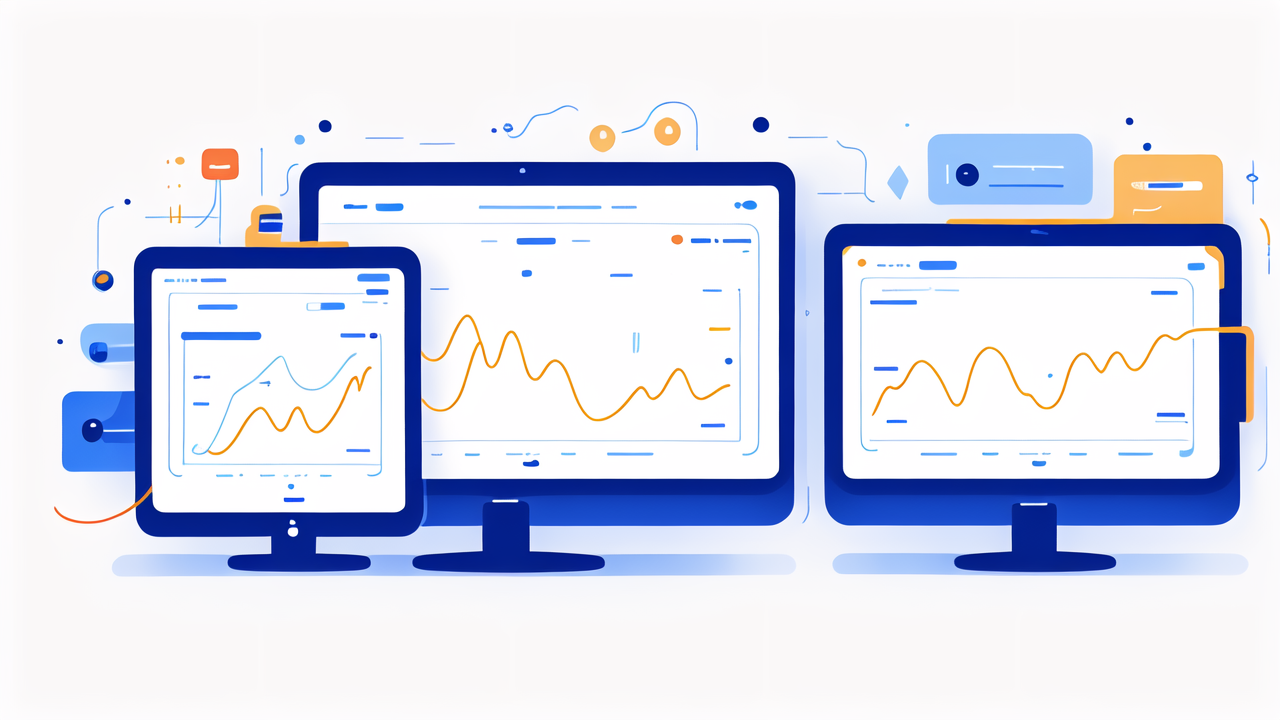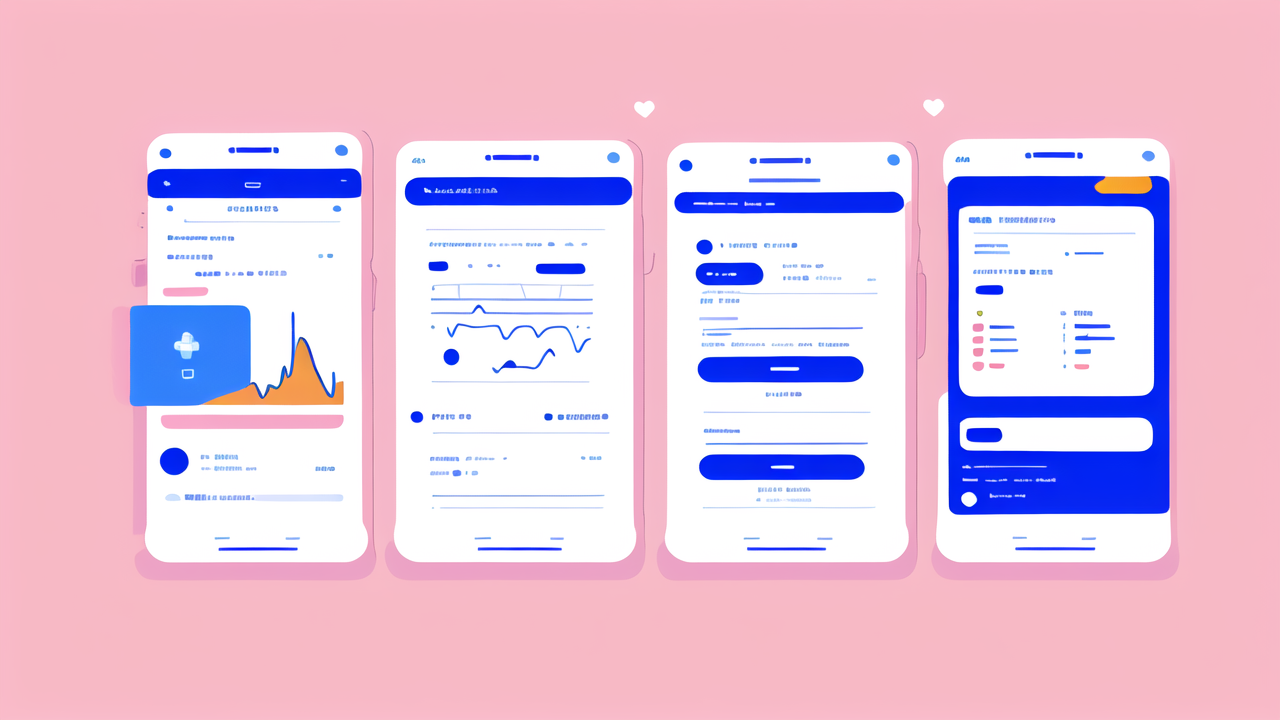The Evolution of Health Tracking: From Manual to Smart Technology
Understanding the Shift in Health Monitoring
Health tracking has come a long way. In the past, we relied on simple tools like scales and thermometers. These gave us basic info about our health. But they were limited. We had to write down data by hand. This was often forgotten or done wrong.

Now, we have smart watches. They track our health automatically. These devices are always with us. They collect data all day long. This shift has made health tracking easier and more accurate. Smart watches can measure things we couldn't before. They track heart rate, sleep patterns, and even stress levels.
The change from manual to smart tracking is huge. It's like going from a paper map to GPS. Smart watches give us a clearer picture of our health. They help us spot trends and make better choices.
Technological Advancements Driving Health Tracking Devices
Tech breakthroughs have powered health tracking devices. Sensors have gotten smaller and more precise. They can now fit in a watch and still work well. Battery life has improved too. Smart watches can now run for days without charging.
Data storage and analysis have also come far. Smart watches can hold lots of info. They use complex algorithms to make sense of this data. This turns raw numbers into useful insights.
Connectivity is another key advance. Smart watches can share data with phones and computers. This lets us see our health info on bigger screens. It also makes it easy to share data with doctors.
The internet of things (IoT) has played a big role too. Smart watches can now talk to other smart devices. This creates a network of health data. It gives us a more complete view of our wellness.
Analyzing the Features of Smart Smart Watches for Health
Advanced Metrics and Data Analysis
Smart watches offer a wealth of health metrics. They go beyond simple step counting. These devices track heart rate, blood oxygen, and even ECG readings. Some can measure skin temperature and stress levels too.

But the real power is in data analysis. Smart watches don't just collect info. They interpret it. They can spot patterns in your health data. This helps predict potential issues before they become serious.
For example, a smart watch might notice changes in your heart rate. It could alert you to possible heart problems. Or it might track your sleep patterns. This could help identify sleep disorders.
Many smart watches also offer personalized health insights. They learn your habits over time. Then they suggest ways to improve your health. This tailored advice can be more effective than general tips.
The Role of AI and Machine Learning in Health Monitoring
AI and machine learning are game-changers for health tracking. They allow smart watches to get smarter over time. These techs can spot subtle changes in your health data. They can predict health trends based on your history.
AI can also help make sense of complex health info. It can find links between different health metrics. For instance, it might connect poor sleep with higher stress levels. This gives you a more complete picture of your health.
Machine learning helps smart watches adapt to you. They learn your normal patterns. This lets them spot when something's off. They can then alert you to potential health issues.
AI also powers many health features on smart watches. It guides workout recommendations. It helps interpret ECG readings. Some watches even use AI to detect falls and call for help.
Interoperability with Healthcare Systems
Smart watches are becoming part of the healthcare ecosystem. Many can now share data directly with electronic health records. This helps doctors get a fuller picture of your health.
Some hospitals are starting to use smart watch data in patient care. The constant stream of health info can help with early diagnosis. It can also help track recovery after treatment.
Smart watches can remind you to take meds or attend doctor appointments. They can also help manage chronic conditions. For example, they can track blood sugar for people with diabetes.
The future may see even closer ties between smart watches and healthcare. We might see watches that can detect diseases early. Or ones that can monitor the effects of medications in real-time.
The Impact of Smart Watches on Public Health in the United States
Enhancing Personal Health Management
Smart watches are changing how Americans manage their health. They make it easier to track key health metrics. This encourages people to take a more active role in their wellness.

Many users report being more active because of their smart watch. The device reminds them to move and tracks their progress. This can lead to better fitness and overall health.
Smart watches also help with stress management. They can detect high stress levels and suggest relaxation techniques. This is crucial in a country where stress-related health issues are common.
Sleep tracking is another key feature. Poor sleep is linked to many health problems. Smart watches help users understand and improve their sleep patterns. This can have a big impact on overall health.
Empowering Individuals through Preventive Health Care
Smart watches are powerful tools for preventive care. They can spot potential health issues early. This allows for quicker intervention, often before problems become serious.
For example, some watches can detect irregular heart rhythms. This has already saved lives by alerting users to undiagnosed heart conditions. Early detection can lead to better outcomes and lower healthcare costs.
These devices also encourage healthy habits. They remind users to stay hydrated, eat well, and exercise. Over time, these small changes can prevent many health issues.
Smart watches can also help manage chronic conditions. They can track symptoms and medication effects. This helps users and doctors make better treatment decisions.
Future Trends in Health-Driven Smart Technology
The future of smart watches in health looks bright. We're likely to see even more advanced health features. Watches might soon be able to track blood pressure or glucose levels non-invasively.
Mental health monitoring is another emerging trend. Future watches might detect mood changes or anxiety levels. This could help in managing mental health conditions.
We may also see more integration with telemedicine. Smart watches could facilitate video calls with doctors. They might even help with remote diagnoses.
As AI improves, smart watches will offer even more personalized health advice. They might predict health issues based on your data and genetics. This could revolutionize preventive care.
In conclusion, smart watches are reshaping health management in the U.S. They're making health tracking easier and more insightful. As they evolve, they'll likely play an even bigger role in public health.




Leave a comment
This site is protected by hCaptcha and the hCaptcha Privacy Policy and Terms of Service apply.